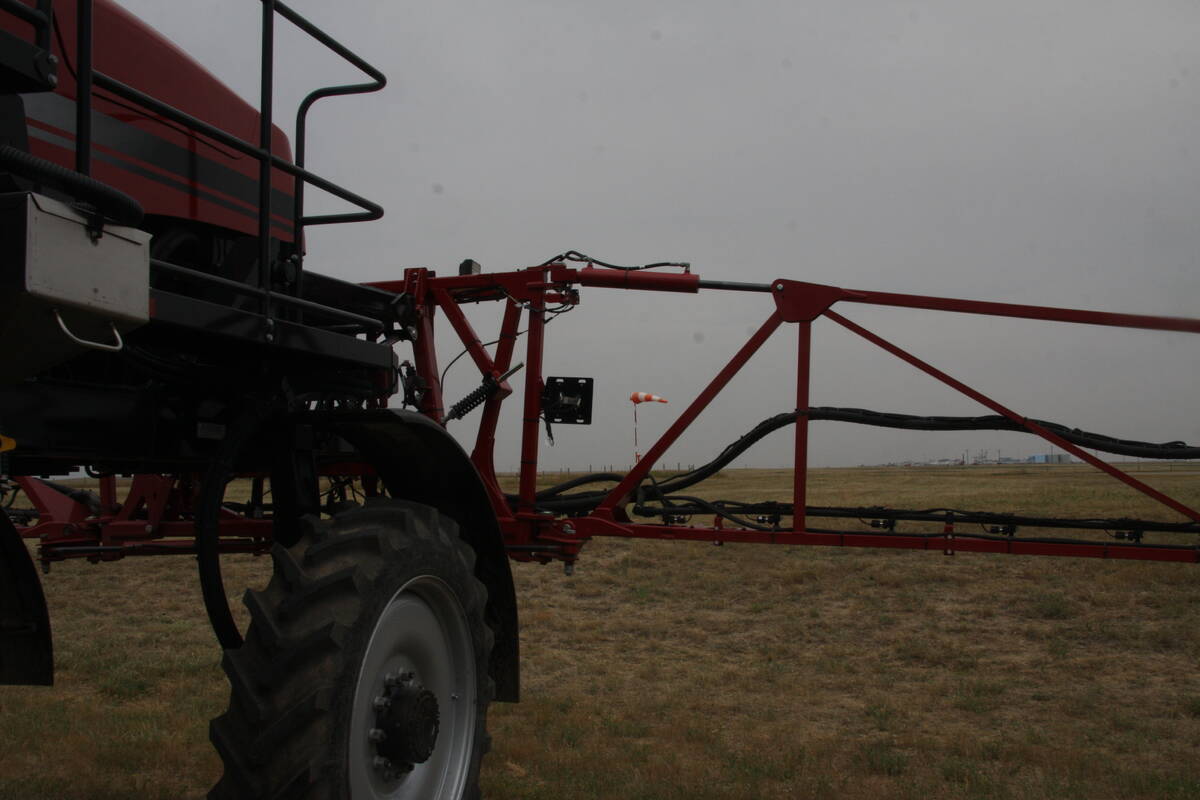Crusading against intensive livestock development has changed Lisa Bechthold’s life.
The Foremost area farmer has become involved in the fight for the environment since she joined with others in her southern Alberta community to protest and ultimately defeat a major Taiwan-owned hog operation last summer.
Now involved with the New York-based Global Resource Action Centre for the Environment, she intends to fight the Alberta government’s proposal to take over governing intensive livestock development from municipal governments.
“We wanted the government to make some regulations and then enforce them, but strict regulations that had teeth in them,” she said.
Read Also

More work wanted on removing red tape
REGINA — Canadian farmers risk falling further behind competitors if two main federal agencies don’t become more efficient and responsive…
Bechthold’s group feels the provincial plan removes the local right to protest or to set standards that protect a community’s environment.
“This is just one way to ram the livestock industry down our throats,” she said in an interview from Vancouver, where she was attending an international water conference.
She believes the decision was motivated by economics, spurred by accelerated growth of concentrated livestock operations, rather than protection of the environment and watersheds.
Jack Hayden, president of the Alberta Association of Municipal Districts and Counties, is also disappointed with the decision.
“Land-use decisions are properly decided at the local level and the communities that have to live with those decisions,” he said.
Hayden argues that local politicians were doing a good job managing intensive livestock building approvals.
Some municipalities added stricter conditions when approving new operations in an effort to protect residential districts and avoid conflict.
Livestock groups generally support the government’s response. They have requested provincial guidance for some time.
However, there are concerns over municipal land-use plans. Groups like Alberta Pork want clarification from the government to explain how municipalities will zone agricultural land considered acceptable for intensive livestock.
The province gave local jurisdictions authority to approve agricultural development because it felt communities are more familiar with their own circumstances.
That approach forced municipalities to make highly technical decisions on engineering and hydrology that exceeded their expertise, said Paul Hodgman, assistant general manager of the pork producers association.
“This is a more rational approach to siting any livestock operations, be it cattle or hogs.”
Jeff Warrack, president of the Alberta Cattle Feeders Association also agrees with the government’s decision.
The Natural Resources Conservation Board will oversee and approve all ILOs in the province. Warrack’s organization wants further details since it is not sure how it works, or how municipalities will set out zones to allow or prohibit agricultural development.
The Natural Resources Conservation Board was established in 1991 to review ongoing non-energy projects within the province.

















